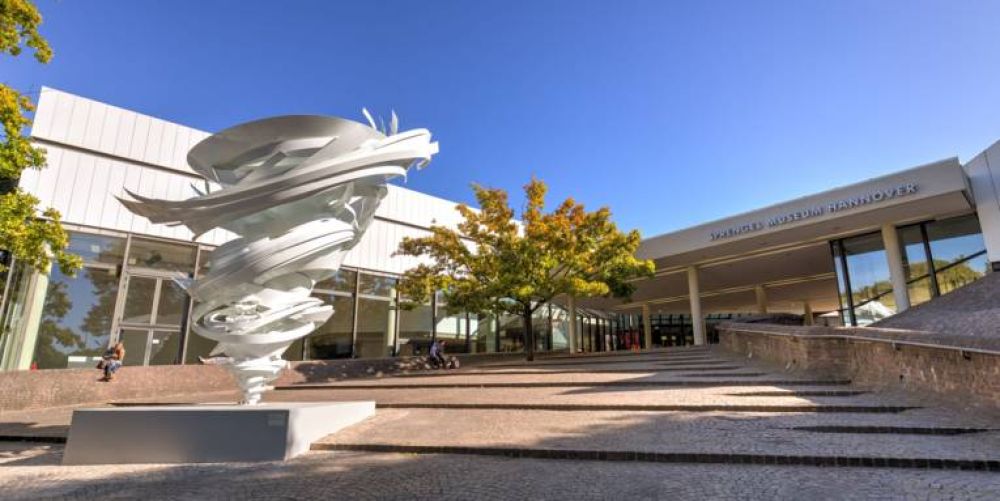

The Sprengel Museum in Hanover, Germany, is renowned for its impressive collection of modern art. Since its inception, the museum has played a pivotal role in the cultural tourism of the Lower Saxony region. As an institution dedicated to the art of the 20th and 21st centuries, it has attracted art enthusiasts and tourists from all around the globe.
Established in 1979, the museum was founded thanks to the generous donation of a chocolate manufacturer and art collector, Bernhard Sprengel. This act of philanthropy provided the city of Hanover with an extensive collection of modern art, facilitating the creation of this unique museum. Over the years, the museum has expanded its collection, which now includes works by Max Ernst, Fernand Léger, and Pablo Picasso, among others.
During the 1980s and 1990s, the Sprengel Museum experienced a surge in visitor numbers, paralleling the increased interest in modern art worldwide. The museum's reputation for housing significant works of German expressionism and French modernism positioned it as a must-visit destination for art lovers.
With the rise of cultural tourism, the Sprengel Museum's strategic exhibitions and cultural programs have further boosted its appeal, leading to a steady growth in the visitor economy of Hanover.
The museum has undergone significant developments in recent years to enhance the visitor experience. In 2016, it inaugurated a new building wing that increased the exhibition space considerably. This expansion allowed for a broader display of its permanent collection and the hosting of large-scale international exhibitions.
Today, the Sprengel Museum continues to engage with the latest tourism trends, such as immersive and interactive art experiences. It embraces digital technology to provide virtual tours and augmented reality experiences, aiming to reach a wider, global audience. Additionally, the museum focuses on accessibility, ensuring that all visitors, regardless of background or ability, can experience the art.
The Sprengel Museum has also adapted to the global trend of sustainable tourism. It promotes practices that reduce environmental impact and encourages cultural preservation. The museum's initiatives include educational programs that raise awareness of the importance of sustainability in the arts.
As a bastion of modern art, the Sprengel Museum continues to be a cornerstone in the cultural landscape of Hanover. With its rich history and active adaptation to contemporary tourism trends, it remains not only a hub for the appreciation of art but also a key figure in the global cultural tourism industry.